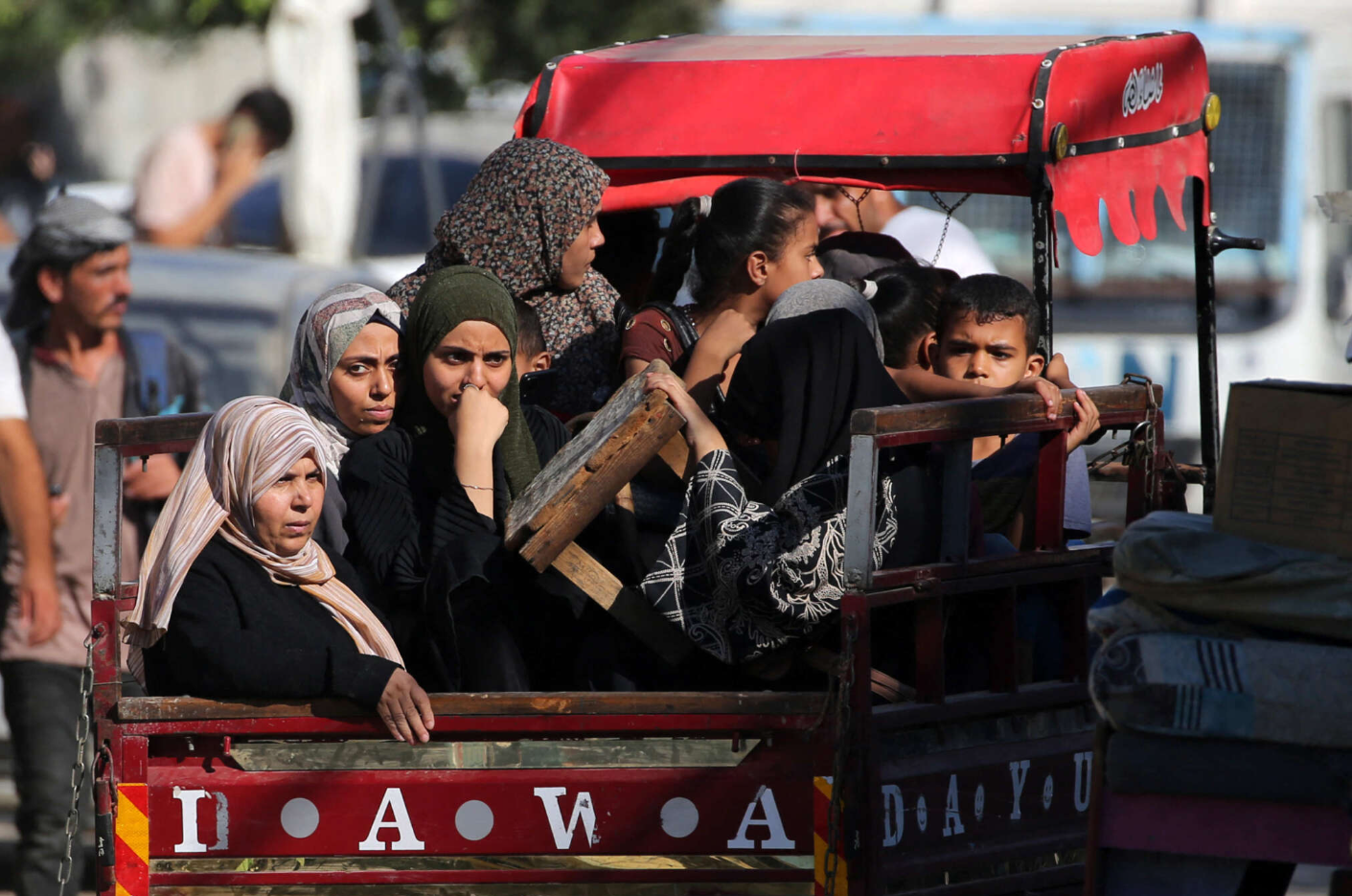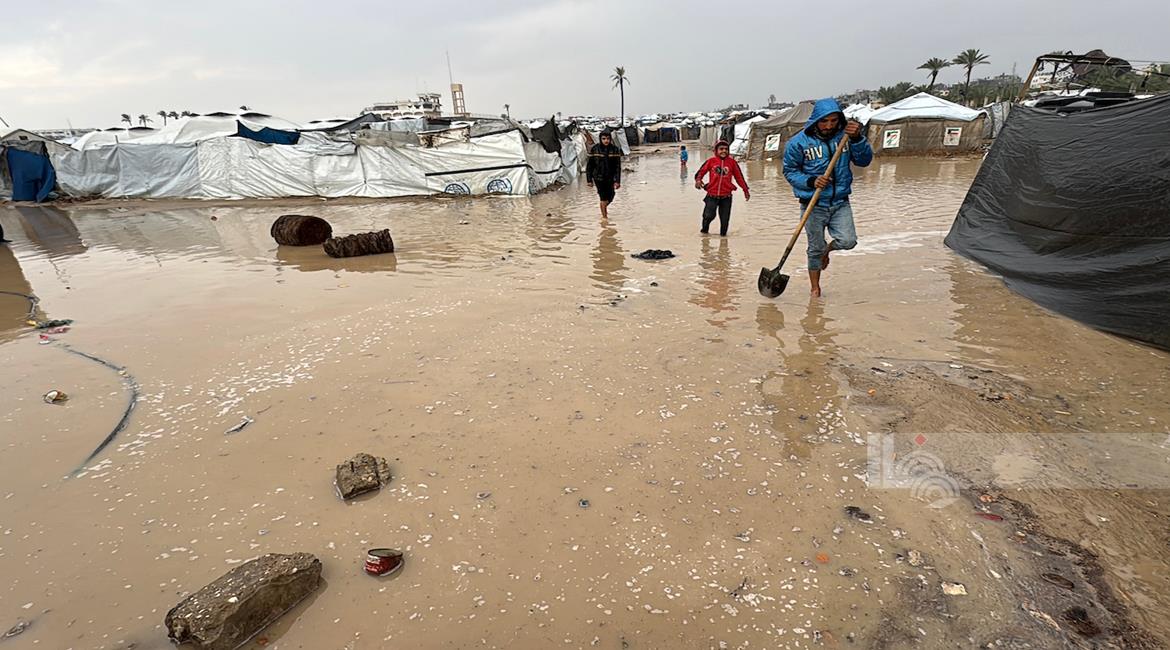GAZA, November 2, 2024 (WAFA) — In the shadow of relentless Israeli bombardment and devastation, pregnant women in Northern Gaza face a dual crisis of health and survival. As Israeli occupation forces have severely crippled the healthcare system over the past month, the fear for their unborn children looms large.
The plight of Yasmin Al-Masri, a displaced young mother in the Beit Lahiya project area, encapsulates the anguish felt by many. With over a month of wide-scale military aggression and the persistent threat of famine and dehydration due to the ongoing Israeli siege, she struggles with the uncertainty of her health and that of her six-month-old fetus.
"Since the start of the assault, I've experienced constant pain and anxiety, feeling real danger for my life and my baby's," she shares with deep distress in an interview with Anadolu Agency.
Prior to the outbreak of the wide-scale Israeli invasion of the region on October 5, Yasmin had regular check-ups at the Al-Awda Hospital and a local health center, where doctors emphasized the importance of monitoring her pregnancy. Now, she finds herself without any medical guidance, as the dangers of moving in her area make seeking help nearly impossible.
"Moving in this region is incredibly risky. Israeli drones target anything that moves in the streets," she explains, highlighting the dire circumstances faced by countless other expectant mothers in the north.
As the Israeli military launched unprecedented attacks on Jabalia refugee camp and surrounding areas, the region has descended into chaos, with reports of over 1,500 innocent civilians killed and widespread destruction. For pregnant women like Yasmin, the absence of access to healthcare is not just a matter of inconvenience but a life-threatening situation.
Amani Fad’ous, also from Beit Lahiya, echoes Yasmin's fears. Desperate to escape the Israeli genocide, she and her family attempted to flee to Gaza City for safety. "But the roads were closed, and my husband refused to let me pass through the Israeli checkpoints out of fear for my safety and my pregnancy," she recounts.
With her due date approaching at the end of November, Amani worries about the possibility of giving birth in such dire conditions without proper medical facilities. "My baby is special to us, coming after ten long years of waiting," she says, her voice tinged with both hope and dread.
The situation has worsened due to the combined effects of hunger and thirst enforced by the siege. "Since the blockade began, I haven't had proper food or water. Most days, I only have bread to eat, and sometimes I feel close to fainting," Yasmin reveals.
Amani shares a similar story, stating, "I used to eat fresh vegetables, fruits, and proteins, but now I rely on canned goods and legumes, which are far from nutritious."
4,000 pregnant women
According to the United Nations Population Fund (UNFPA), the crisis in reproductive health is escalating alarmingly, with reports indicating that about 4,000 pregnant women are trapped in Northern Gaza.
Hospitals that once provided essential maternity services, like the Al-Awda and Kamal Adwan hospitals, have been rendered ineffective due to consistent bombardments and blockades. The UNFPA warned of rising maternal mortality rates and instances of women giving birth alone without medical assistance.
As healthcare facilities are bombed and ambulances are obstructed from reaching those in need, the situation for pregnant women in Northern Gaza becomes increasingly desperate.
With each passing day, the fear grows that many may not survive to see their children born, echoing the urgent call for international attention and aid amidst an ongoing humanitarian crisis.
--
M.N













